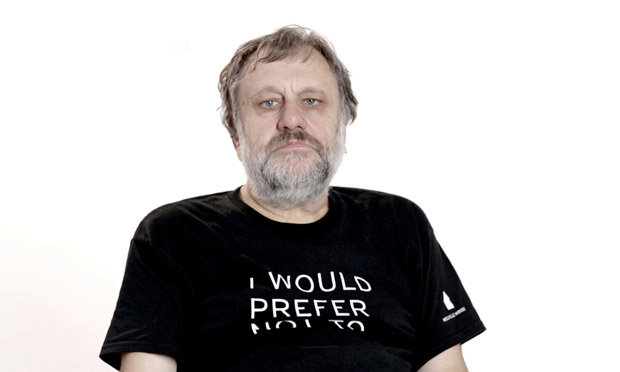 I will not be posting on this blog for at least a month. I am writing a new paper for presentation at the 4th Annual Meeting of the European Beat Studies Network in Brussels in October and for publication. The paper is titled “Vexed to Nightmare by a Rocking Cradle:” Ginsberg’s Performativity.” The abstract is below. I am expecting that there will be unexpected changes while performing my writing of this paper. On my website pages there are a number of links to essays and poems for reading, should readers wish to explore. Readers may also join me where I facilitate poetry workshops: Eckleburgworkshops.com. These workshops are affiliated with John Hopkins University. I welcome you to join me. Abstract “Howl” is now 60. Of the poem, Richard Howard (and Ginsberg himself) has suggested that Ginsberg was not concerned with “Howl” as art and that he was after how the poem was discovered in his mind. Allen Grossman has written in explaining Ginsberg as an iconic phenomenon that the post-war’s symbolic literary posture in America was that of the Jew, a survivor. The poem “Howl” and the poet have proven to be vital performances that have assisted in preparing the cultural ground for a postmodern axiom that we find in writers such as Beckett: ethics before aesthetics. This axiom has brought a more democratic art world and eased the conscience in Western culture. My paper will examine Ginsberg’s written performance that is “Howl” to assess its strengths and weaknesses as a modern and postmodern poetic work and as a tool for exploring Ginsberg’s creative mind. This writer asserts that the poem could have been a powerful poem on the margins of the symbolic order indicting patriarchy and perhaps its links to the Fuehrer and fascism. However, because of its premature birth, or its rushed performance in its writing, Ginsberg (who one would think would be at home on the margins) at best targets housewives, an easy target, in a poem uneasy in its own skin. To construct context for the performativity of the poem and for its writer as an icon performing his life, the paper attempts to recreate the cultural background that gave birth to both. The paper describes the background after America’s victory of World War II. It explains how that setting prepared American culture and the poetry world for the appearance of his personality and poetry in spite of the McCarthy era and the Cold War. My paper explains how Allen Ginsberg made history and how history made Allen Ginsberg. It will examine how the postwar American psyche created the rebel phenomenon and how Ginsberg’s performativity prepared a way to liberate the American psyche. While Ginsberg's attempt to destabilize privileged gender roles fails in his visionary intent during the performance of writing the poem, it succeeds in his performance of his life. The poem seems to stumble upon a major postmodern imperative, “presenting the unpresentable.” The paper examines what function his poem “Howl” had in creating Ginsberg who then went on to perform the rebel, the liberator without shame, performing a much needed echo of Whitman. Some of the sources used in the paper are Foucault, Michel. The Order of Things. __ Power/ Knowledge. Ginsberg, Allen. Howl and other Poems. Grossman, Allen. “The Jew As an American Poet.” On the Poetry of Allen Ginsberg. Ed. Hyde, Lewis. Merrill, F. Thomas. Allen Ginsberg. Monteagudo Jesse. Allen Ginsberg. Gay Today. (Oct. 27, 1997). Updathttp://gaytoday.badpuppy.com/garchive/viewpoint/102797vi.htm. Raskin, Jonah. American Scream. Shinder, Jason. Howl Fifty Years Later.
0 Comments
Leave a Reply. |
Archives
May 2024
Categories |

 RSS Feed
RSS Feed